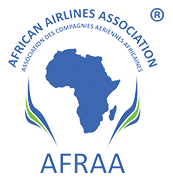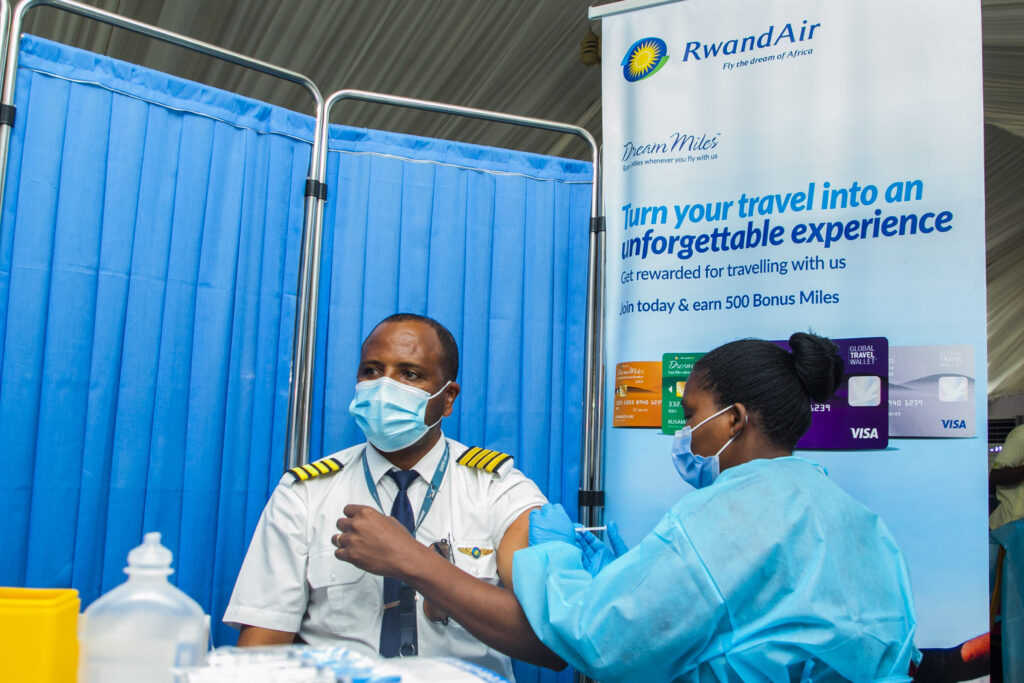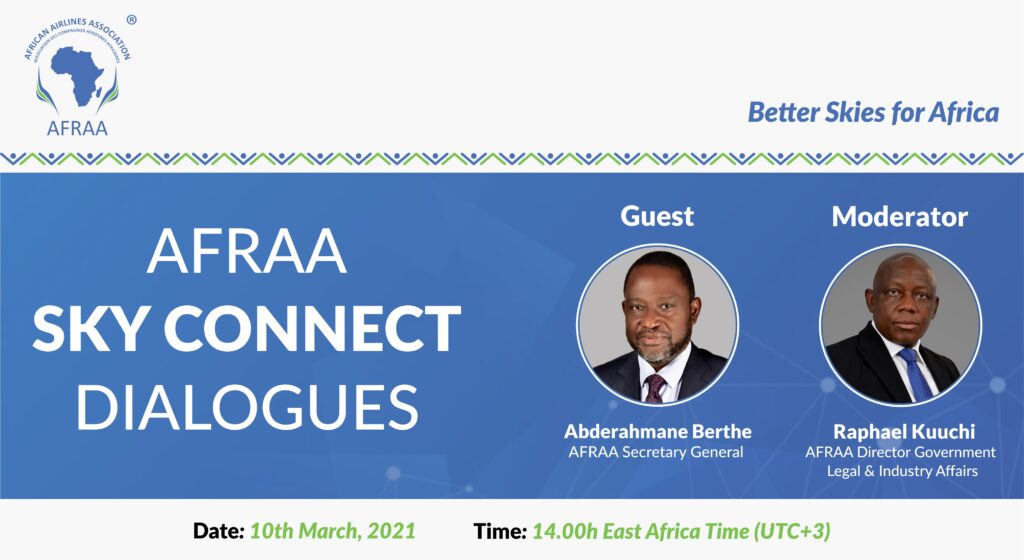Press Release: United Aviation Solutions and AFRAA launch initiative for “African airlines to provide MRO support to North American airlines”

Date: 04 May, 2021
United Aviation Solutions (UTD) and the African Airlines Association (AFRAA) have launched the Brown Condor Initiative (BCI) aimed at providing a platform for AFRAA members with Maintenance Repair and Overhaul (MRO) facilities to support their North American counterparts in MRO services and assets. UTD and AFRAA have created a portal that will ensure the reliable delivery of equipment and services to airline customers and channel partners. In the coming weeks, UTD and AFRAA will conduct weekly webinars showcasing the BCI initiative through an engaging and innovative Virtual Reality (VR) presentation.
Mr. Abdérahmane Berthé, AFRAA Secretary General stated: “The BCI will provide aviation stakeholders access to market-leading services to support the development of Africa’s aviation industry. The strengths of AFRAA member airlines are key to the solutions offered for the global crisis in aviation. We have carefully selected AFRAA members that can immediately provide MRO solutions while simultaneously consolidating member Used Serviceable Materials onto one platform.”
“AFRAA is collaborating with innovative thinkers to utilize the downturn in our industry to provide new sustainable opportunities to African airlines.” Mr. Berthé added.
“Cooperation among AFRAA airlines is paramount for sustainability of the air transport industry. UTD recognized the domestic crisis in US aviation and aftermarket purchasing before the global pandemic hit. Through its association with AFRAA and the BCI, UTD has identified ways in which African aviation could provide the necessary solutions to the North American aviation industry, namely MRO Services, USM Exchange, and an Aviation Academy for developing future technicians and aviation personnel,” said Mr. Dahir Mohammed CEO – UTD
This Brown Condor Initiative was named in honor of the first African American fighter pilot, Colonel John C Robinson. It was his valiant and noble efforts that inspired generations of Africans and Americans to be Aviators. The UTD Chief Executive Officer, Dahir Mohammed, is continuing the legacy of John C Robinson by bringing the skills and capabilities of African aviation’s finest technicians to support their North American counterparts. “Colonel John C. Robinson is an inspiration to all of us who believe in the power and spirit of aviation to change the world. We are going to change the world in his name and build on his legacy of self-confidence, determination, and working for the greater good,” added Mr. Mohammed.
AFRAA’s recovery plan that was developed in 2020 encompasses actions to navigate through COVID 19 that are anchored on 9-pillars, these include: Governments, Regulators, Service providers, Customers, Maintenance, Cost management, Cargo operations, Workforce, Ensuring Business Continuity. The portal addresses actions under pillars on cost management, cargo operations and business continuity.
About UTD
United Aviation Solutions (UTD) is headquartered in New York near JFK International airport and is a certified member of the Airline Suppliers Association operating as an (ASA)- 100 certified supplier ensuring FAA compliance with Advisory Circular (AC) 00-56. UTD operates as a pioneer in North American Aviation as a registered Minority Business Enterprise (MBE) and an accredited member of the National Minority Suppliers Development Council (NMSDC).
Contacts:
Dahir Mohammed
President & CEO
Utd. Aviation Solutions
103 Driscoll Ave | Rockville Centre, NY | 11570
E: dahir@utdmro.com
Tel: +1 516 642-3808 (Whatsapp!)
Ijan Hilaire
VP Commercial Operations
and Marketing
E: ijan@utdmro.com
US: +1 321 754 9084
DE: +49 176 5973 055
Edmund Makona
President -Technical Operations
Utd. Aviation Solutions
103 Driscoll Ave | Rockville Centre, NY | 11570
E: edmund@utdmro.com
Mobile: +263 719828225.







